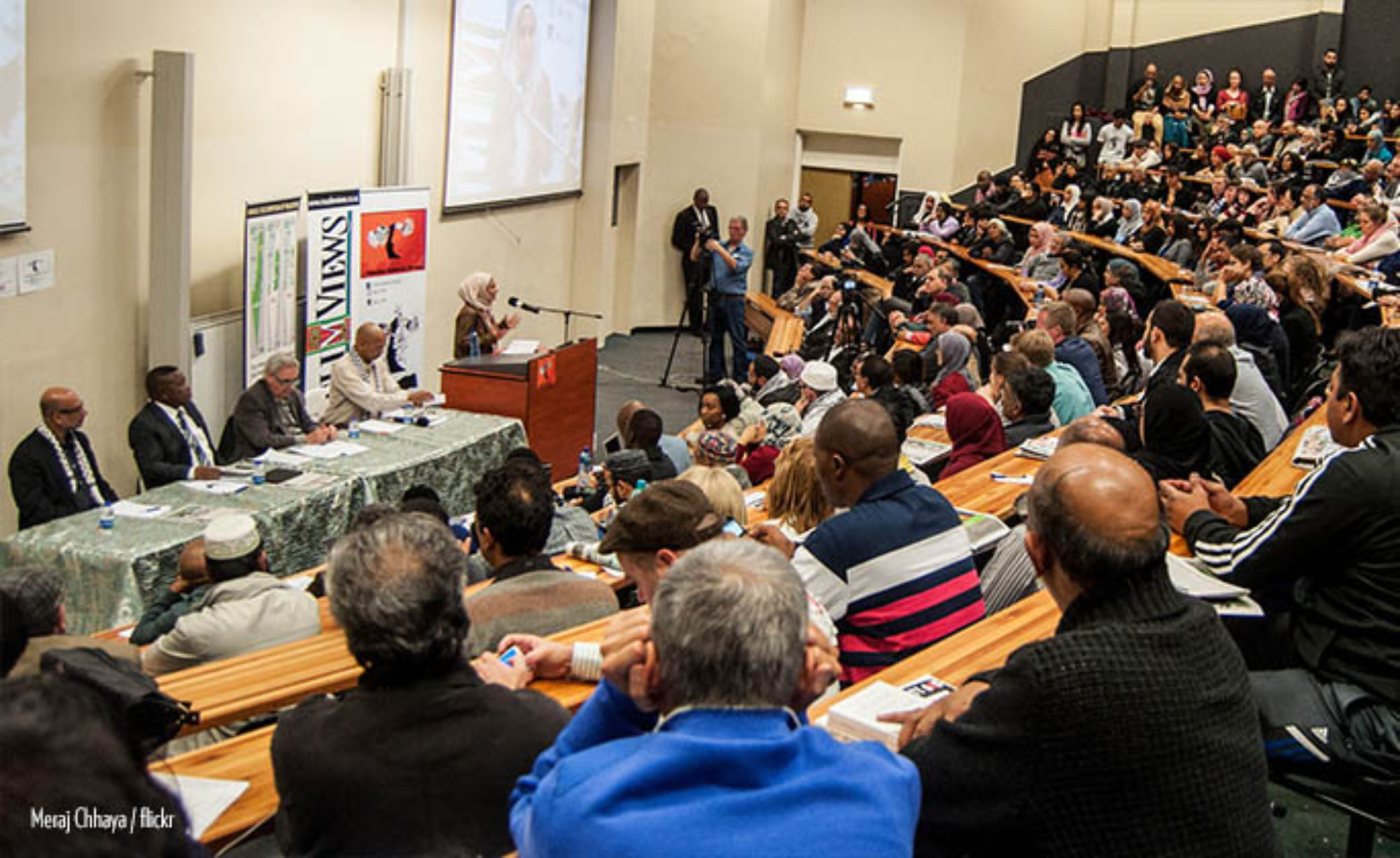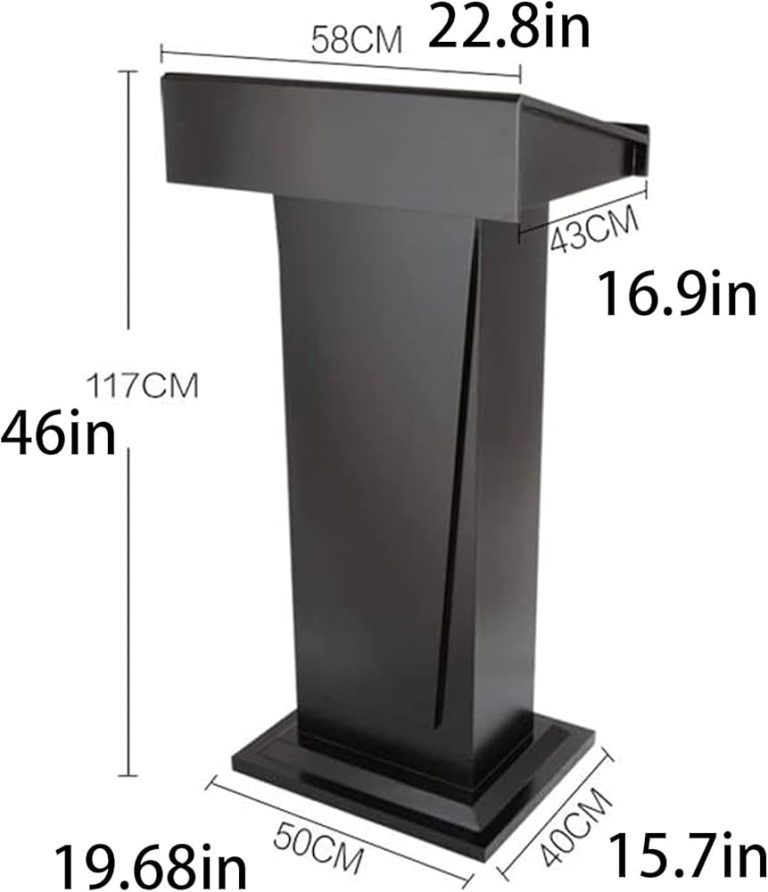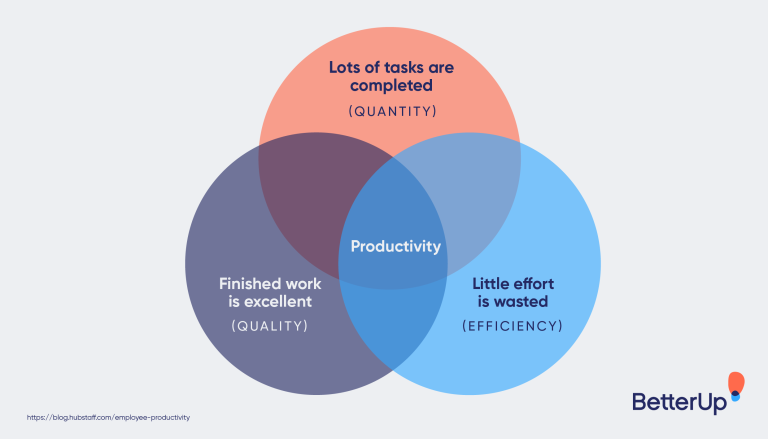What is an Academic Debate?
An academic debate is a structured discussion among individuals presenting arguments on a specific topic. It involves logical reasoning, evidence, and persuasive communication to support or refute a given proposition.
Academic debates follow established formats and rules, such as a moderator, time limits, and designated roles for each participant. These debates occur in educational institutions, ranging from schools to universities, allowing students to develop critical thinking skills, enhance public speaking abilities, and engage in intellectual discourse.
Participants research the topic thoroughly and present their arguments in a clear and concise manner, fostering a competitive yet respectful atmosphere. The goal of an academic debate is not only to win but also to promote academic inquiry, encourage diverse perspectives, and foster intellectual growth among participants.
What Is An Academic Debate?
An academic debate refers to a formal discussion where participants present arguments and evidence to support their views on a specific topic. It is characterized by structured arguments, logical reasoning, and critical thinking. Academic debates play a crucial role in education as they promote intellectual development and the honing of communication skills.
Students who engage in academic debates learn to research, analyze information, and construct compelling arguments. The ability to articulate thoughts convincingly and listen to opposing viewpoints fosters open-mindedness and tolerance. Furthermore, academic debates encourage active participation, boost confidence, and improve public speaking skills.
By engaging in debates, students develop essential life skills such as teamwork, research acumen, and the ability to think critically. Overall, academic debates provide a platform for intellectual growth and holistic development in educational settings.
The Structure Of An Academic Debate
An academic debate is a structured discussion that involves the exchange of arguments and counterarguments. The debate follows a specific format, with various components that contribute to its overall structure. The introduction of an academic debate sets the stage for the discussion, highlighting the topic at hand and providing necessary background information.
The opening statement is a crucial aspect, where each side presents their main argument. This is then followed by a cross-examination, where the opposing side questions and challenges the validity of the arguments. The rebuttal stage allows each side to address and counter the points raised by the opposition.
Finally, the debate concludes with a summary of the main points and, occasionally, a closing statement. Each component serves an important role in fostering a dynamic and intellectually stimulating debate.
Key Components Of An Academic Debate
An academic debate consists of several key components that help to structure and guide the discussion. One important aspect is the topic and proposition, which sets the foundation for the debate. It provides a clear focus and defines the arguments that will be presented by each side.
Another crucial element is the roles of the speakers, who are assigned specific positions such as the affirmative or negative, and are responsible for presenting their arguments and counterarguments. Rules and format are also essential components, ensuring that the debate is conducted in an organized and fair manner.
This includes time limits for each speaker, rules for questioning, and guidelines for conducting rebuttals. Lastly, there are the judging criteria, which help assess the quality of the arguments and determine the winner of the debate. These criteria often include factors such as logical reasoning, evidence, and persuasive delivery.
Mastering these components is essential for successful participation in an academic debate.
The Importance Of Research In Academic Debates
Academic debates involve extensively researching information, analyzing evidence, and presenting compelling arguments. Through thorough investigation, participants gather relevant and reliable data to support their viewpoints. Carefully examining the evidence helps in understanding the topic deeply, allowing for the development of well-grounded arguments.
By presenting strong arguments based on credible evidence, debaters can effectively make their case. It is essential to gather information from various reputable sources to ensure the validity of the arguments put forth. Analyzing and critically evaluating the evidence enables debaters to effectively counter opposing viewpoints and strengthen their own arguments.
Furthermore, providing support for arguments with accurate and reliable evidence helps in convincing the audience and winning the debate. Therefore, thorough research, careful analysis, and well-supported arguments play a crucial role in academic debates.
Effective Communication In Academic Debates
Academic debates are dynamic forums that promote effective communication among participants. This entails active listening, understanding diverse perspectives, and challenging each other’s ideas through persuasive speaking. By actively listening, participants can fully comprehend the arguments being presented, leading to more informed and well-rounded discussions.
Additionally, persuasive speaking skills are crucial for conveying one’s thoughts and ideas persuasively and convincingly. Maintaining decorum is another essential aspect of academic debates, ensuring that discussions are conducted respectfully and constructively. Participants must engage in a civil manner, avoiding personal attacks and maintaining a professional demeanor throughout the debate.
Effective communication skills, including active listening, persuasive speaking, and decorum, play a pivotal role in making academic debates both informative and intellectually stimulating.

Credit: slideplayer.com
Developing Critical Thinking Skills Through Academic Debates
Academic debates are an effective tool for developing critical thinking skills. By analyzing and evaluating arguments, individuals can enhance their ability to think critically. Additionally, through formulating strong counter-arguments, they can further refine their analytical skills. Academic debates also provide a platform for enhancing problem-solving abilities.
Participants are required to think on their feet, considering multiple perspectives and finding solutions to complex issues. The process of researching and preparing for a debate also encourages individuals to delve deep into a topic, expanding their knowledge and understanding.
By actively engaging in academic debates, individuals can strengthen their critical thinking skills, which are essential for success in various academic and professional pursuits.
The Benefits Of Participating In Academic Debates
An academic debate is a formal discussion where participants present arguments and counterarguments on a specific topic. Participating in academic debates offers several benefits. Firstly, it helps enhance public speaking skills by requiring individuals to articulate their thoughts clearly and persuasively.
Through practice and feedback, individuals can improve their communication abilities. Secondly, engaging in debates can greatly contribute to building self-confidence. By researching and presenting well-reasoned arguments, participants gain a sense of self-assurance in their knowledge and abilities. Lastly, academic debates foster teamwork and collaboration.
Working together with teammates to construct arguments, refute opposing viewpoints, and develop a cohesive strategy promotes cooperation and critical thinking skills. Overall, participating in academic debates provides valuable opportunities for personal growth and skill development.
Examples Of Academic Debate Topics
Academic debates are formal discussions that seek to explore multiple perspectives on a given topic. They involve presenting arguments, evidence, and counter-arguments to strengthen one’s stance. Examples of academic debate topics range from controversial social issues to ethical dilemmas and current events.
These discussions offer a platform for students and scholars to analyze, comprehend, and contribute to the intellectual discourse surrounding these subjects. Through meticulous research and critical thinking, participants acquire the skills necessary for effective communication, logical reasoning, and persuasive argumentation.
The topics covered in academic debates are often thought-provoking and tend to foster lively discussions that deepen understanding and broaden perspectives. By engaging in such debates, individuals develop essential skills that translate into various facets of their academic and professional lives, enabling informed decision-making and the ability to articulate well-supported viewpoints.
Tips For Success In Academic Debates
Academic debates are intellectual competitions where participants engage in a structured discussion on various topics. To succeed in these debates, thorough preparation and extensive practice are key. Firstly, research and evidence play a crucial role in building a strong argument.
By presenting credible sources and supporting facts, participants can strengthen their positions and sway the audience. Secondly, logical reasoning and analysis are essential skills that contribute to the success of an academic debate. Being able to think critically, identify fallacies, and make coherent arguments is essential for convincing the judges and audience.
By following these tips and honing their skills, debaters can enhance their performance and achieve success in academic debates. So, prepare well, gather evidence, and apply logical reasoning to excel in these intellectual competitions.
Frequently Asked Questions Of What Is An Academic Debate?
Why Do We Study Academic Debates?
Studying academic debates helps expand knowledge, develop critical thinking skills, and foster intellectual curiosity. It allows us to explore different perspectives, analyze arguments, and arrive at well-informed conclusions. By engaging with academic debates, we gain a deeper understanding of complex issues, advancements in various fields, and the evolution of knowledge over time.
Academic debates encourage active participation, promoting collaboration and the exchange of ideas among scholars and researchers. This enhances our ability to engage in constructive discussions, challenge existing notions, and contribute to the growth of knowledge. Moreover, studying academic debates enables us to stay updated with current research and developments in our areas of interest.
It helps us become informed citizens capable of making evidence-based decisions and contributes to our overall personal and intellectual growth.
What Are The Values Of Academic Debate?
Academic debate holds several values. It fosters critical thinking, sharpens communication skills, and promotes open-mindedness. Debate encourages participants to explore various perspectives on a topic, leading to deeper understanding and growth. It also cultivates research and analytical abilities as debaters gather evidence and construct well-reasoned arguments.
Through active engagement in debate, individuals learn to express their thoughts clearly, listen actively, and respectfully challenge opposing viewpoints. This process develops effective communication skills that are valuable in various academic and professional settings. Additionally, academic debate encourages collaboration and teamwork as participants work in teams to develop arguments and counterarguments.
By engaging in respectful and evidence-based discussion, debaters learn to appreciate diverse perspectives and approach complex subjects with empathy and intellectual curiosity. Overall, academic debate provides a platform for learning, skill development, and personal growth in an intellectually stimulating environment.
What Is An Example Of A Debate?
A debate is a formal discussion where people present arguments and counterarguments on a specific topic. An example of a debate could be a discussion about the pros and cons of social media. Participants would argue whether social media has a positive or negative impact on society.
One side might argue that social media helps people stay connected while the other side might claim that it promotes isolation. During the debate, individuals would present their points, provide evidence to support their claims, and refute the opposing arguments.
Through this exchange, the goal is to persuade the audience of the validity of their position.
What Is An Academic Debate?
An academic debate is a formal discussion in which participants present arguments and counterarguments on a specific topic or issue using evidence and logical reasoning. It aims to foster critical thinking, develop communication skills, and encourage the exploration of different perspectives.
Conclusion
Academic debate is an essential tool in enhancing critical thinking and communication skills among students. It fosters a deep understanding of various topics, encourages open-mindedness, and promotes collaboration and teamwork. As we have seen, the structure of an academic debate, including the opening arguments, rebuttals, and closing statements, allows participants to present their viewpoints and challenge opposing opinions in a respectful and organized manner.
Through the research and preparation required for an academic debate, students develop essential skills such as information gathering, analysis, and constructing persuasive arguments backed by evidence. Furthermore, engagement in academic debate helps individuals become more confident speakers, better listeners, and effective problem-solvers.
To be successful in an academic debate, participants need to be well-informed, respectful of others’ opinions, and skilled in presenting their arguments. It is a platform that encourages critical thinking, broadens horizons, and helps shape well-rounded individuals who can contribute constructively to society.
Academic debate serves as a valuable educational tool, empowering students with the skills and knowledge to succeed both in their academic pursuits and beyond. By participating in academic debates, students are equipped with the necessary tools to navigate the complexities of the modern world and contribute meaningfully to intellectual discourse.


